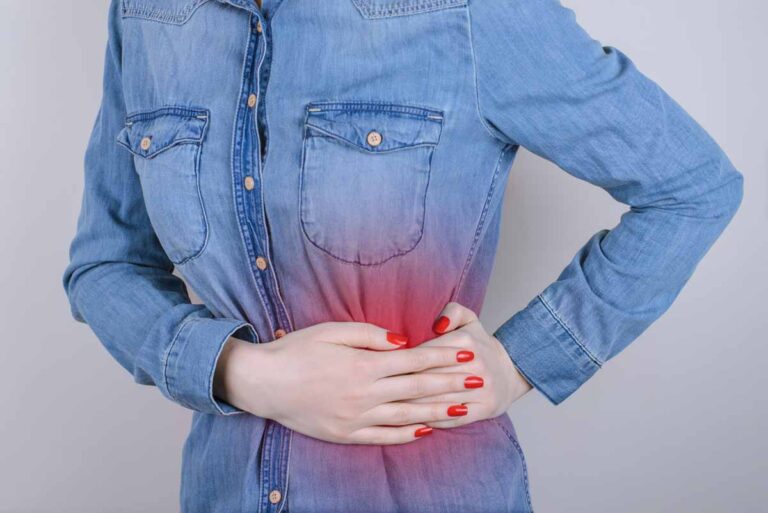Summer is here and temperatures are soaring. According to the National Weather Service, July is Denver’s hottest month. Temperatures will likely hit triple digits. In medicine, the three most important factors are prevention, prevention and prevention! Don’t let the comfort of living in a dry climate result in a heat-related illness.
There are ways to avoid heat-related illnesses, which include sunburn, heat exhaustion and heat stroke. Spending time in the sun or heat, not drinking enough water and getting a sunburn will contribute to heat-related illness. Heat exhaustion occurs when you sweat excessively, losing water and salts. It can lead to heat stroke if not treated quickly enough. Heat stroke occurs when your body temperature rises quicker than you can cool yourself down.
Who is at risk? Those who work or play outside, children younger than 4, adults over 65, and people on certain medications are most at risk. People who take psychotropic drugs, medication for Parkinson’s disease, tranquilizers or diuretics are more at risk for heat-related illness.
How can you prevent a heat-related illness? Make sure to wear light-weight, light-colored fabric, apply sunscreen, and drink water every 15 minutes while outdoors. Remember, the atmosphere is thinner at high elevation and skin burns more quickly. Sunburned skin does not cool as effectively either.
You may not realize you are sweating as it evaporates quickly in our arid climate. Spend time outdoors in the early morning or late evening hours when it is cooler. Stay in air-conditioned places while you drink plenty of water or sports drinks if you have been sweating a lot. If you don’t have air conditioning, seek shelter in your local library, recreation center or shopping mall, for example. The Centers for Disease Control and Prevention notes that even a few hours of air conditioning a day can reduce the risk of heat-related illnesses. Check frequently on your elderly acquaintances and never leave pets or children in cars as temperatures climb quickly and higher than the outside temperature. Alcohol is dehydrating so minimize your intake.
What are the signs and symptoms of heat exhaustion?
• headache
• heavy sweating
• clammy skin
• muscle cramps
• fatigue
• weak, fast heart rate
• feeling dizzy or fainting
• nausea or vomiting
Symptoms of heat stroke may include:
• confusion or lack of consciousness
• hot, red, dry skin
• very fast heart rate
• body temperature above 104 degrees Fahrenheit
If you recognize these symptoms, move the person to an air-conditioned area and have them lie down. Get them to a cool shower, hose them down or apply wet cloths to their head and body. Have them drink fluids if able. Seek immediate emergency care if they have vomited or are having changes in their behavior or level of consciousness.
Don’t let the heat get in the way of your fun this summer and remember to stay safe.
Dr. Scott Miner is an emergency physician and medical director of the Emergency Department at Lutheran Medical Center.




